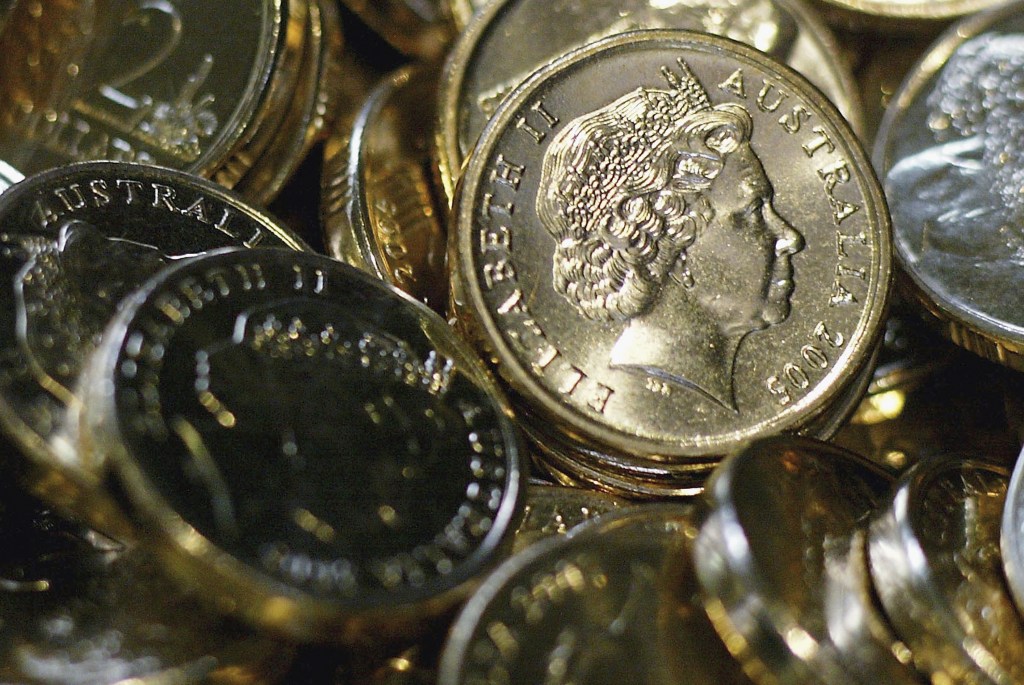More than 62% of travellers continue to plan to go overseas even as the Australian dollar drops to US65c.
Key Takeaways
- Younger Australians more determined than over-55s to continue to travel overseas
- Rising inflation and interest rates not stopping plans to travel
- Investing and purchasing overseas continue despite inflation and weaker AUD

The Australian dollar has been testing new lows over recent weeks, falling to US65c compared with US73c at the start of the calendar year. [1]
Despite this, a Money Transfer Comparison report [2] found that if the dollar were to continually decline over the next 12 months, almost two-thirds (61%) of respondents said they will continue any planned overseas travel, purchases, investments and donations. Conversely, if the dollar rises, 82% of Australians would be motivated to spend overseas in these ways, the report found.
Specifically, a strong demand for international travel is unwavering against significant financial changes. Inflation and interest rates have been rising in Australia throughout 2022. The survey found that 62% of respondents would travel overseas if the dollar continues to decline for another 12 months, while 70% would be motivated to travel if the dollar were to become stronger against other currencies.
Younger Australians were more likely to push on with international travel plans despite any increased cost, the report found, with 42% of respondents aged 55 years or older saying they would give up overseas holidays, compared with 37% of 35-to-54-year-olds and 33% of 18-to-34-year-olds.
Alon Rajic, founder and managing director of Money Transfer Comparison, says: “Unlike previous economic periods which have seen the travel industry suffer when the AUD weakens, Australians seem to be unwavering in their commitment to travel and overseas spending in this dip. While the data shows there will be some impact, it is pleasing to know it will not be significant enough to create a crisis in the travel industry.
“While the Australian economy may not be directly impacted by the drive for international spending in an AUD decline, the weakened Australian dollar will likely bring on increased tourism within Australia from international countries such as the US who have seen significant growth in their buying power.”
A continually declining dollar puts greater pressure behind steadily increasing inflation and the cost of living. However, Money Transfer Comparison found that despite the decreased dollar, buying overseas products remains popular, with 63% of respondents saying they would continue to purchase overseas products if the dollar declined over the next 12 months.
Alon says: “Australians have come out of the pandemic with increased savings and a desire to spend after more than two years of limited activity. It is positive to see that despite recent economic troubles, most Australians aren’t feeling overly money-conscious and are able to continue investing and purchasing overseas despite inflation and currency falls.
“While the push to spend pandemic savings overseas is strong, there is a silver lining as Australian industries can be hopeful to receive an influx of overseas tourism on the weakened dollar.”
The views are backed up by a recent report [3] from hotel commerce platform SiteMinder, which found almost 50% of Australians intend to travel internationally in the next 12 months, with 66% of those aged between 18-25 expecting to make an overseas trip.
Social media has become a major decision-making driver with regard to destination, accommodation and activities, particularly for travellers aged between 18 and 25, the report found.
Sankar Narayan, managing director and CEO of SiteMinder, said, “The long-awaited recovery of travel has emerged with a new type of traveller, who has higher expectations from hotels and their travel experiences than ever.
“Travellers now have ambitions to book, travel, work, connect, and experience the world with the greatest flexibility and security possible.”
Insights from the report show:
- 32% of Australians intend to travel both domestically and internationally in the next 12 months
- 50% of Australians intend to just travel domestically in the next 12 months
- 18% of Australians intend to just travel internationally in the next 12 months
Australians are open to some forms of technological advancement in hotels, but not others.
- 57% of Australians would ‘definitely’ or ‘likely’ pre-visit their accommodation in the metaverse prior to checking in, but the majority (68%) do not support accommodation providers replacing hospitality professionals with robots or Artificial Intelligence (AI)
- 78% of Australian travellers said it is important they can easily modify or freely cancel their reservations
[1] NAB. 2022. https://business.nab.com.au/the-aud-in-january-50963/
[2] How will the Australian Dollar Affect Travel and Consumer Spending?